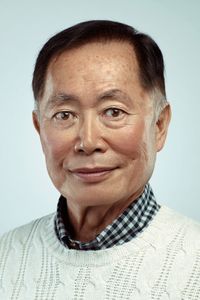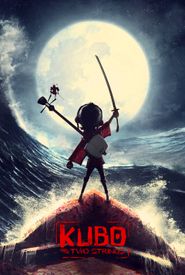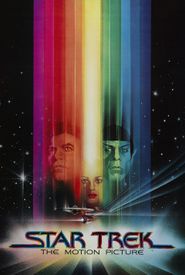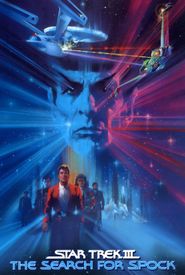George Takei was born Hosato Takei in Los Angeles, California, to a Japanese mother and a Japanese father, who was born in Japan. Following the attack on Pearl Harbor, his family was relocated from Los Angeles to the Rohwer Relocation Center in Arkansas, and later to the Tule Lake Relocation Center in Northern California.
After graduating from Los Angeles High School in 1956, Takei studied architecture at the University of California, Berkeley. However, he soon discovered his passion for acting and transferred to the University of California, Los Angeles (UCLA) as a theater arts major.
Takei's early career in acting was marked by his appearances in various stage productions, including the Playhouse 90 production of "Embittered Soldier" and the UCLA theater production of "The Glass Menagerie." He also made his feature film debut in the 1960 film "Ice Palace" and appeared in several other films and television shows, including "Hawaiian Eye" and "The Green Berets."
In 1966, Takei was cast in the role of Hikaru Sulu in the original "Star Trek" television series, a role that he would go on to play for three seasons. He also appeared in several "Star Trek" films, including "Star Trek VI: The Undiscovered Country," in which his character was promoted to captain.
After "Star Trek" was canceled, Takei continued to work in television and film, making guest appearances in several shows and voicing his character in the animated "Star Trek" series. He also produced and hosted a public affairs show called "Expression East/West" and ran for the Los Angeles City Council in 1971.
In the 1980s, Takei became involved in the campaign to preserve the Japanese American National Museum in Los Angeles and served on the board of directors of the Southern California Rapid Transit District. He also co-wrote a science fiction novel called "Mirror Friend, Mirror Foe" and campaigned to get more respect for his character in the "Star Trek" films.
In the 1990s, Takei continued to work in television and film, appearing in shows such as "Star Trek: Voyager" and "The Simpsons." He also released his autobiography, "To the Stars," which was well-received by critics and fans alike.
Today, Takei remains active in the entertainment industry, appearing in stage productions, television shows, and films. He is also an advocate for the interests of Japanese Americans and continues to be involved in various charitable and cultural organizations.







































































































































































